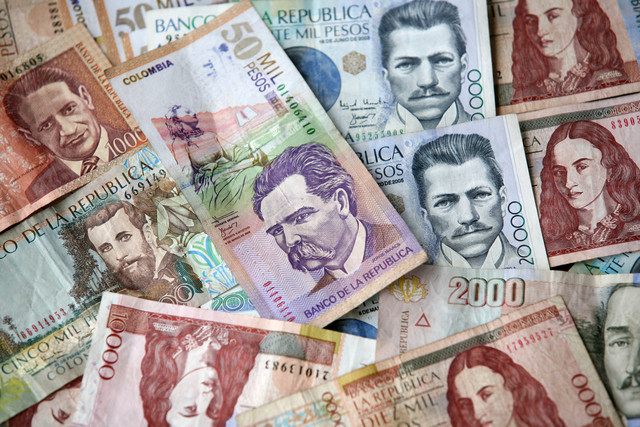Use of the cryptocurrency Bitcoin, now valued in around US $2500 or about 7.5 million Colombian pesos per unit, is on the rise around the world. But many governments, including Colombia, are concerned that the currency can be used to bypass their own currencies, or, due to the untraceable nature, that it will be used as a platform for tax evasion, money laundering and drug sales.
Last week, the Colombian government came out publicly to condemn use of the platform and to reinforce that it is not recognized as a currency within the Andean nation. According to Colombian law, Ley 31 de 1992, only the Colombian peso can be used for financial operations within the country.
Though declared to be illegal, that has not stopped Colombia’s Tax and National Customs Administration (DIAN) from contemplating new ways to tax profits obtained through the use of virtual currencies. The DIAN is expected to make the declaration of income or transfers obtained through Bitcoin compulsory in 2017.
Critics say that the real opposition to Bitcoin is the risk it poses to central banks, who tightly control monetary policy and liquidity.
Some of the world’s largest economies, including the United States, Australia, Japan, Canada, and Brazil now allow the use of Bitcoin. Of that group, Australia and Spain are now attempting to regulate the taxation of Bitcoin income and combat potential illegal activity.
Colombia now wants to follow the footsteps of these two countries and design a tax scheme, but first they will need to create a legal framework that does not have any precedents in the country.







